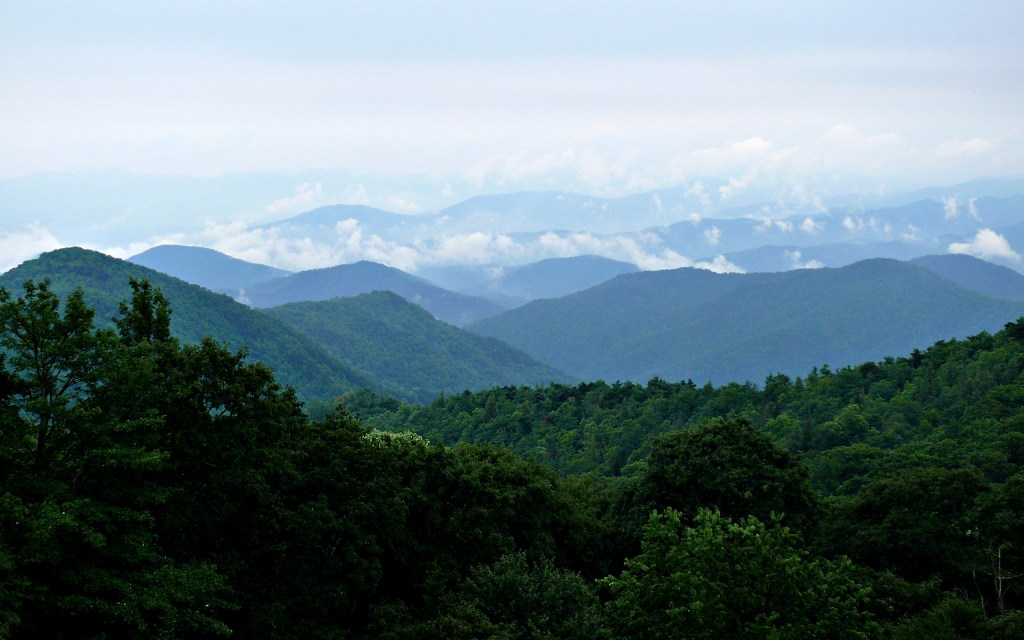Occupy the Hearth

Welcome to Occupy the Hearth!
This website is designed to showcase a manifesto I have written for a new kind of revolution. Other writings are available for those who might be interested, most of them essays published in the last several years on the Resilience.org website.
But it is “The Localist Manifesto” that I am most eager for people to read.
The idea is pretty simple, really. We have tried privatization (unleashing the market) and nationalization (bulking up the government) but both of these strategies have functioned primarily to further enrich the already rich and further empower the already powerful. We possess neither the means nor the authority to protect our communities and families from the horrors coming at us now in rapid succession because we have thrown ourselves so wholeheartedly into the Right-Left charade. By committing ourselves to those politics, we guarantee that corporate-sponsored globalization and government-imposed regulation will be the only options that anyone thinks to consider. Neither of these options works for us. Never have, never will. So we are at each other’s throats over agendas set by people who don’t give a rat’s ass about what happens to any of us. No wonder we are in big trouble.
But there is another option, an alternative agenda, that we might pursue.
Let’s call it localization. It has never been tried as a political program but it frames questions of liberty and well-being in terms that could not be more familiar. The values it would inject into our doings as political actors (as citizens) are the same ones we live by, or aspire to anyway, in our daily activities. Trust, respect, loyalty, love, honesty, responsibility, compassion, fairness, the joys of shared labor and raucous celebration, the value of leisure and creative self-expression – these values are all on full display in the way we function in our families and face-to-face communities. They form the tissues of our imaginations: try to find a movie, novel, or song, of whatever style or genre, that does not draw on them for story and meaning. They are the stuff of everyday life.
They are not the stuff of life in a nation-state or a profit-driven enterprise. Never have been, never will be. The everyday operations of big governments and big corporations habituate us to resentful subservience and anxious money-grubbing. As loyal citizens and employees, what we think and do is governed by resentment and anxiety. The figures who are most adept at tapping into those sentiments and bending them to their purposes are the ones who rise to the top and rule. If these were good people, they would be doing something else. They are nasty, ruthless, self-consumed – and determined to create a world in their image. Thanks to their monopoly on wealth and power, they appear to be succeeding, As long as we trust them with our loyalties, that is the world we must live in.
That is not the only world available to us. “The Localist Manifesto” outlines a concrete proposal for bringing a far better one into being. A world where the most important decisions to be made – how to provision and govern ourselves, how to live responsibly on whatever land base we inhabit – are not made by big banks, big corporations, and big governments but by the people in their localities. That is the only setting where trust, respect, and affection can enter into democratic decision-making. And therein lies our best, maybe our only, hope of cleaning up the mess we have made. As it stands now, we are wired for disaster: the options that appear reasonable when we place our trust in the big institutions calling the shots now are the very ones that are channeling a relentless cascade of hardship into our laps.
Time to redo the wiring.
The manifesto is 51 pages long – shorter than a book, longer than a blog post. If a topic catches your eye and you want to skip ahead, you can navigate through the section using the following table of contents. The argument will make the most sense if read start to finish.
The sections appear in this order:
- the new hard times
- the idea of occupation
- politics off the grid
- getting started – the local festival
- controlled demolition, starting with “real estate”
- small business, cultural development
- working groups, direct democracy, and free enterprise
- food and farm
- jobs and work
- wealth, equality, and fairness
- tribe and nation
- right or left?
- reclaiming sacred ground
